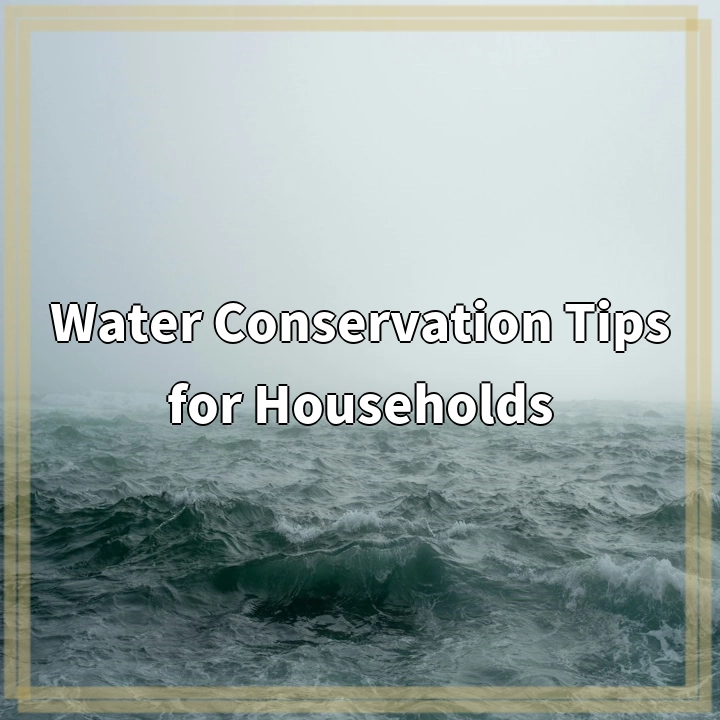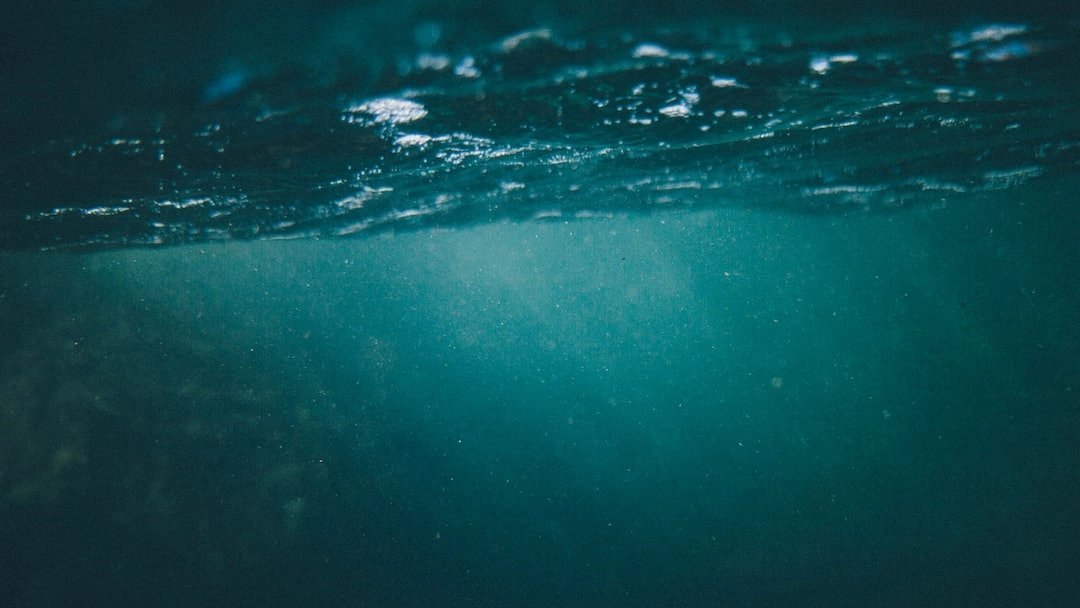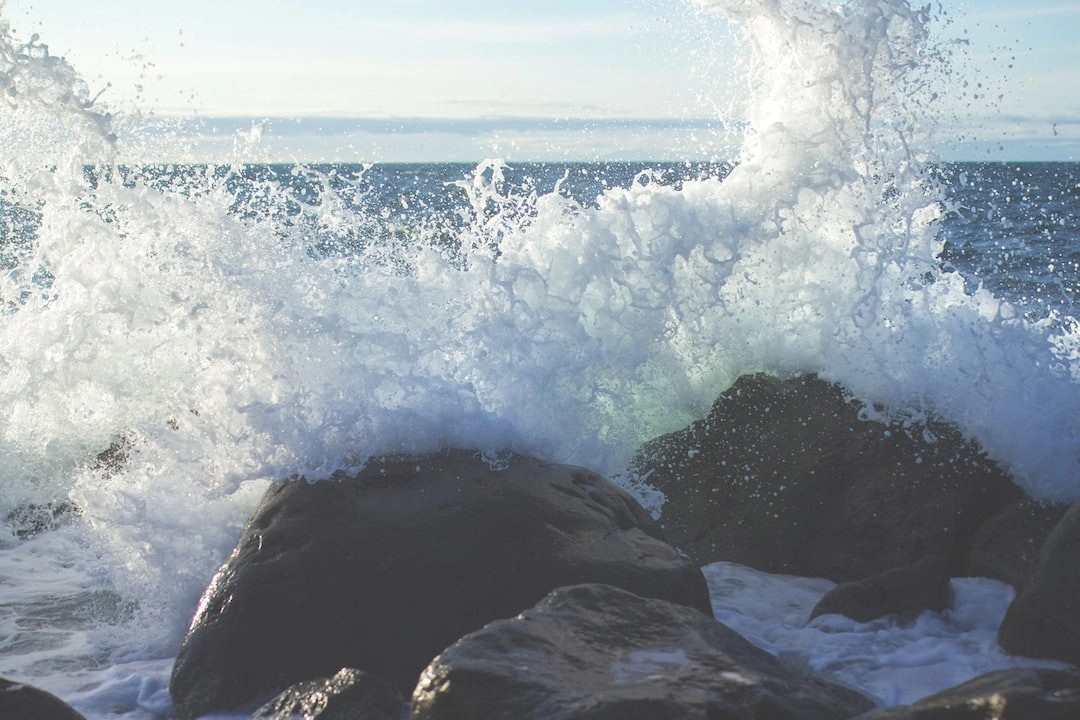
What is water conservation for households?
Water conservation for households refers to the practice of reducing water usage in residential areas in order to preserve this valuable resource. It involves implementing various strategies and making conscious efforts to use water more efficiently and responsibly.
Real-world problems associated with water conservation for households
1. Water scarcity: Many regions around the world are facing water scarcity issues due to population growth, climate change, and mismanagement of water resources. By conserving water at the household level, individuals can contribute to mitigating this problem and ensuring a sustainable water supply for future generations.
2. Increased water bills: Conserving water can have a direct impact on reducing water bills. Many households are unaware of the amount of water they consume and tend to waste it unnecessarily. By practicing water conservation methods, households can reduce their overall water usage and save money in the process.
3. Environmental impact: Excessive water usage can have detrimental effects on the environment. It can lead to the depletion of water sources, damage aquatic habitats, and contribute to water pollution. Water conservation at the household level can help minimize these negative impacts and promote a healthier environment.
4. Energy consumption: Most water treatment and distribution systems require a significant amount of energy to operate. By conserving water, households can indirectly reduce energy consumption and, in turn, lower their carbon footprint, leading to environmental benefits.
5. Infrastructure strain: In areas where water supply infrastructure is inadequate, water conservation becomes crucial. The strain on aging infrastructure can be reduced by implementing water-saving measures in households, minimizing the need for costly infrastructure upgrades.
By understanding the significance of water conservation for households and the real-world problems associated with it, individuals can take meaningful actions to reduce their water usage, contribute to environmental sustainability, and build a more resilient future.

Solutions for water conservation in households
1. Fixing leaks: One of the most effective ways to conserve water at home is by fixing any leaks in faucets, toilets, or pipes. Even small leaks can waste a significant amount of water over time. Regularly check for leaks and repair them promptly to prevent water wastage.
2. Install water-saving fixtures: Upgrade your household fixtures to water-efficient versions. Install low-flow showerheads, faucet aerators, and dual-flush toilets to reduce water consumption without compromising functionality.
3. Practice mindful water usage: Encourage household members to be mindful of their water usage habits. Turn off the tap while brushing teeth or shaving, take shorter showers, and run full loads of laundry or dishes to make the most efficient use of water.
4. Collect and reuse rainwater: Set up rain barrels or collect rainwater in buckets to use for watering plants or cleaning purposes. This helps reduce the need for using tap water for these tasks.
5. Opt for water-efficient appliances: When purchasing new appliances, opt for those with high water efficiency ratings. Look for the ENERGY STAR label, which indicates that the appliance meets strict water conservation standards.
6. Landscape with native and drought-resistant plants: Choose native plants that require less water and are well-suited to the local climate. Incorporate drought-resistant landscaping techniques such as mulching and proper irrigation to minimize outdoor water usage.
Implementing these solutions can help households significantly reduce their water consumption and contribute to water conservation efforts. By making small changes in daily routines and adopting water-efficient practices, individuals can make a big difference in addressing the real-world problems associated with water conservation.















